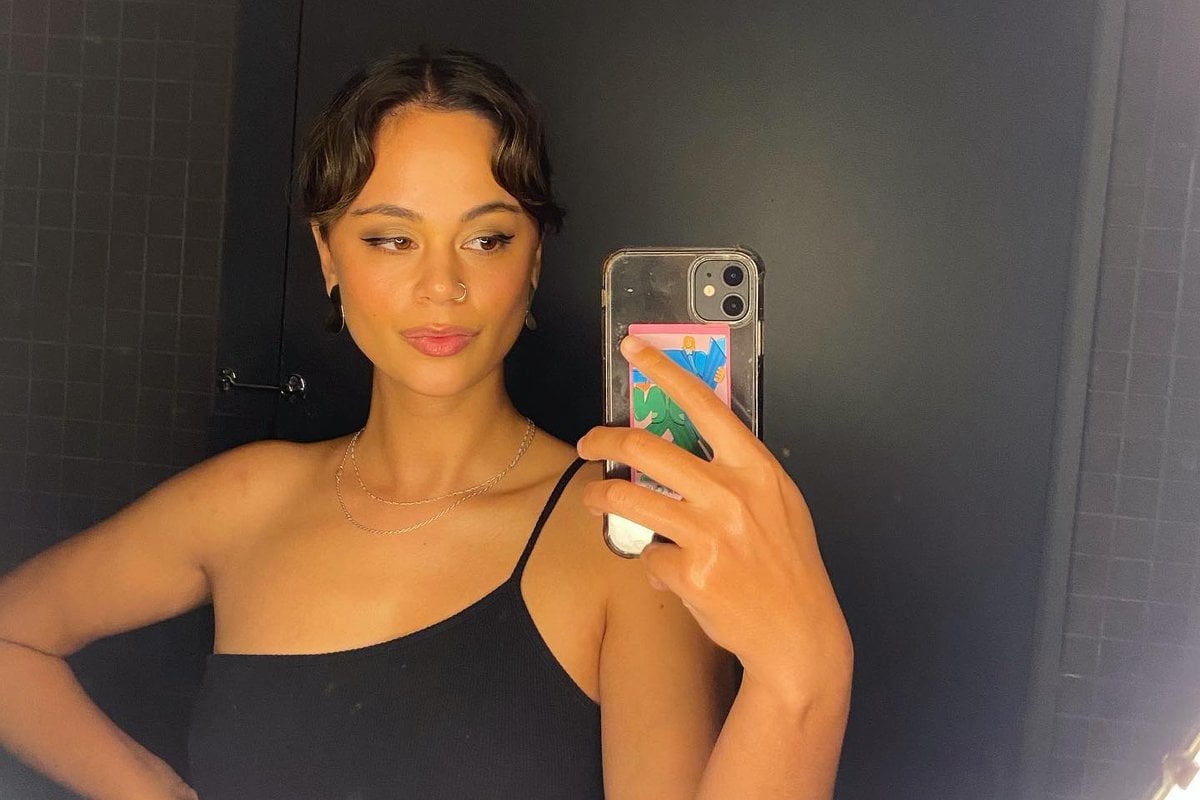
It's something that my partner has repeated to me for years now: "Turning 30 comes with a crisis."
Observing friends over 30 who were struggling through an assortment of issues related to work, relationships, and self-esteem, my partner kept enforcing the idea that "I didn't really get it" and that I couldn't understand, truly, what they were going through.
I knew that my friends over 30 were experiencing a different set of hardships to the ones that I was experiencing, related to bigger life decisions and iced generously with some existential disasters – but I was told I couldn't empathise simply because I wasn't there yet. For context, my partner is three years older than me and when we started dating, I was only 26.
To my late 20s brain, there was just this myth of something strange, disturbing and indelible that happens when you leave that decade behind.
I also (arrogantly) believed that I was invulnerable to the Big 30s Crisis Time. I suppose I thought because I had already experienced a couple of existential crises of my own (otherwise known as periods of abject depression) and because things were going relatively smoothly in my life, there wasn't any particular need to collapse once I'd passed another decade mark.
After all, I have a lot of love in my life from my partner, family, and friends that I value enormously, my career is going okay. In fact, I'd had my first book published a couple of weeks before my 30th birthday, and my skin seems to be holding up alright, all things considered. I'm not sitting on a whole lot of money and I certainly don't own a property – but I live in Sydney and the only people who can buy properties in their 20s here have to be either royalty or tech oligarchs. All in all, life was fine.
Top Comments